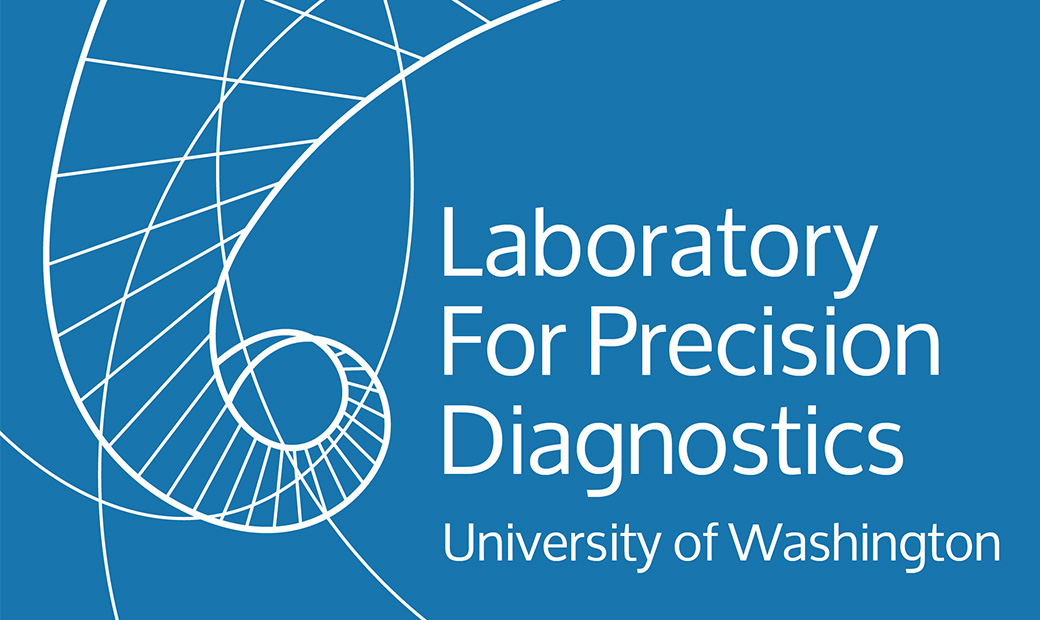Genes
Coding sequence of the genome
Test Guide
EXOME SEQUENCING of a single individual: For the PROBAND with a rare phenotype, when the constellation of clinical findings is not recognized as part of a known syndrome, exome sequencing is the most cost-efficient and precise approach to diagnostic testing for rare inherited disease. Study of the exome from the DNA of a single individual is used to identify sequence variants with a very low population frequency, with nucleotide conservation across species and likely pathogenic consequence.
EXOME SEQUENCING TRIO: TRIO Exome sequencing is sequencing the entire exome of a proband and his/her parents. (as exome comparators) TRIO testing allows filtering of rare sequence variants and reduces the number of potential candidates by looking for the same sequence alteration in unaffected parent(s). The proband and parents may request reporting of rare sequence variants of medically actionable genes.*
EXOME SEQUENCING COMPARATOR: Comparator exome sequence is an adjunct to exome sequencing of the proband; usually the parents are comparators. Although individual rare variants are not reported for the comparator exome, using it only for comparison with the proband, the parent may request reporting of rare variants of genes known to be associated with adult disease for which medical action could alter outcome.*
*The American College of Medical Genetics and Genomics (ACMG) recommends that clinical sequencing laboratories return secondary findings in 59 genes associated with medically actionable conditions. (Kalia, SS et al Genetics in Medicine Recommendations for reporting of secondary findings in clinical exome and genome sequencing, 2016 update (ACMG SF v2.0): a policy statement of the American College of Medical Genetics and Genomics (17 Nov 2016)
Methodology
Next generation DNA sequencing is performed to identify nucleotide variants in the coding portion of the genome. >99% of the coding regions and the canonical splice sites are sequenced to a read coverage of greater than 20X and compared to the human reference genome. Variants are assessed for pathogenicity using available information from the following databases (ClinVar, HGMD, 1000 Genomes, Parkinson’s Disease Mutation Database, dbSNP and EXAC), published literature, clinical correlation, segregation analysis, functional studies and predicted functional or splicing impact using evolutionary conservation analysis and computational tools.
Procedure: Genomic DNA was extracted from blood using standard procedures. A library of DNA fragments was constructed and enriched for protein and RNA coding portions of the human genome using the Exome v1.0 (Integrated DNA Technologies) capture system. Paired-end sequencing of the enriched library was performed using rapid run v2.0 (Illumina) chemistry on a HiSeq 2500 (Illumina) sequencer according to the manufacturer’s recommended protocol. Resulting sequences were aligned to the human genome reference (hg19) using the Burrows-Wheeler Aligner (BWA) and variants identified with the Genome Analysis Took Kit (GATK). A modified version of the SeattleSeq tool was used to annotate variants found within these genes.
Limitations of Methodology: The test does not detect large deletions or duplications and has limited ability to identify small insertions and deletions. This test has limited ability to detect mosaicism. The assay does not detect variants located: 1) outside the captured exome, 2) in regions of insufficient coverage, 3) in regions containing paralogous genes or pseudogenes, or 4) where the reference genome is inaccurate or contains gaps and insertions.
Specimen Requirements
BLOOD is the Preferred Specimen drawn in a lavender top tube (EDTA):
Adults: 5-10cc
Children: 3-5cc
Infants: 2-3cc
If necessary, whole blood may be stored up to 5-7 days in the refrigerator before shipping.
SPECIAL CIRCUMSTANCES:
You may submit DNA (5ug at >20ng/uL) or saliva (Oragene kit acceptable) if necessary. If there are difficulties with arranging for laboratory blood draw and shipment, please contact the laboratory for more details and blood tube kits.
Special Instructions
Please label the sample tubes with two identifiers: 1) the patient’s full name and 2) date of birth. If possible, please include the patient’s medical record number. Clinical information outlining the indication for the requested exome and pertinent medical history and family history is a necessary component of testing. The requisition form is formatted to allow for easy summary of the patient’s history and to note any suspected diagnoses and earlier negative testing. An exome sequencing consent form must accompany the sample for the proband. If testing parents, please submit an exome comparator consent form for each parent.
REQUIRED FORMS:
How to Order
It may be helpful to contact the laboratory genetic counselor, Dru Leistritz-Kessler (206-543-5464 or dru2@uw.edu), with questions to determine if testing is appropriate and which test to select.
After selecting the test, please follow these steps to order it:
1. Complete Required Forms
2. Complete Billing Information (third page of Requisition Form)
3. Collect Specimen
4. Ship specimen to NCGL
Laboratory for Precision Diagnostics
Northwest Clinical Genomics Laboratory
1959 NE Pacific St., HSC H-561
Seattle, WA 98195
5. Receive Results
Results will be faxed to you at the contact points you provided on the requisition form.
Note: Orders cancelled after they have been submitted will incur a prorated charge based on the work that has been completed as of the time of cancellation.
(optional) You’ll need the Adobe Reader to view Requisition and Consent Forms above. If you don’t have it, please click here to get it now.
CPT Code & Cost
Exome Sequencing CPT Code and Cost (Proband)
| CPT CODE | DESCRIPTION |
|---|---|
| 81415 | Exome sequence analysis |
| TOTAL | $5000.00 |
Exome Sequencing Comparator CPT Code and Cost
| CPT CODE | DESCRIPTION |
|---|---|
| 81416 | Sequence analysis, each comparator exome |
| TOTAL | $1500.00 |
Exome Sequencing Trio CPT Codes and Cost
| CPT CODE | DESCRIPTION |
|---|---|
| 81415 | Exome sequence analysis (Proband) |
| 81416 | Comparator exome sequence analysis |
| 81416 | Comparator exome sequence analysis |
| TOTAL | $8000.00 |
Please contact laboratory with questions on CPT codes/pricing.
